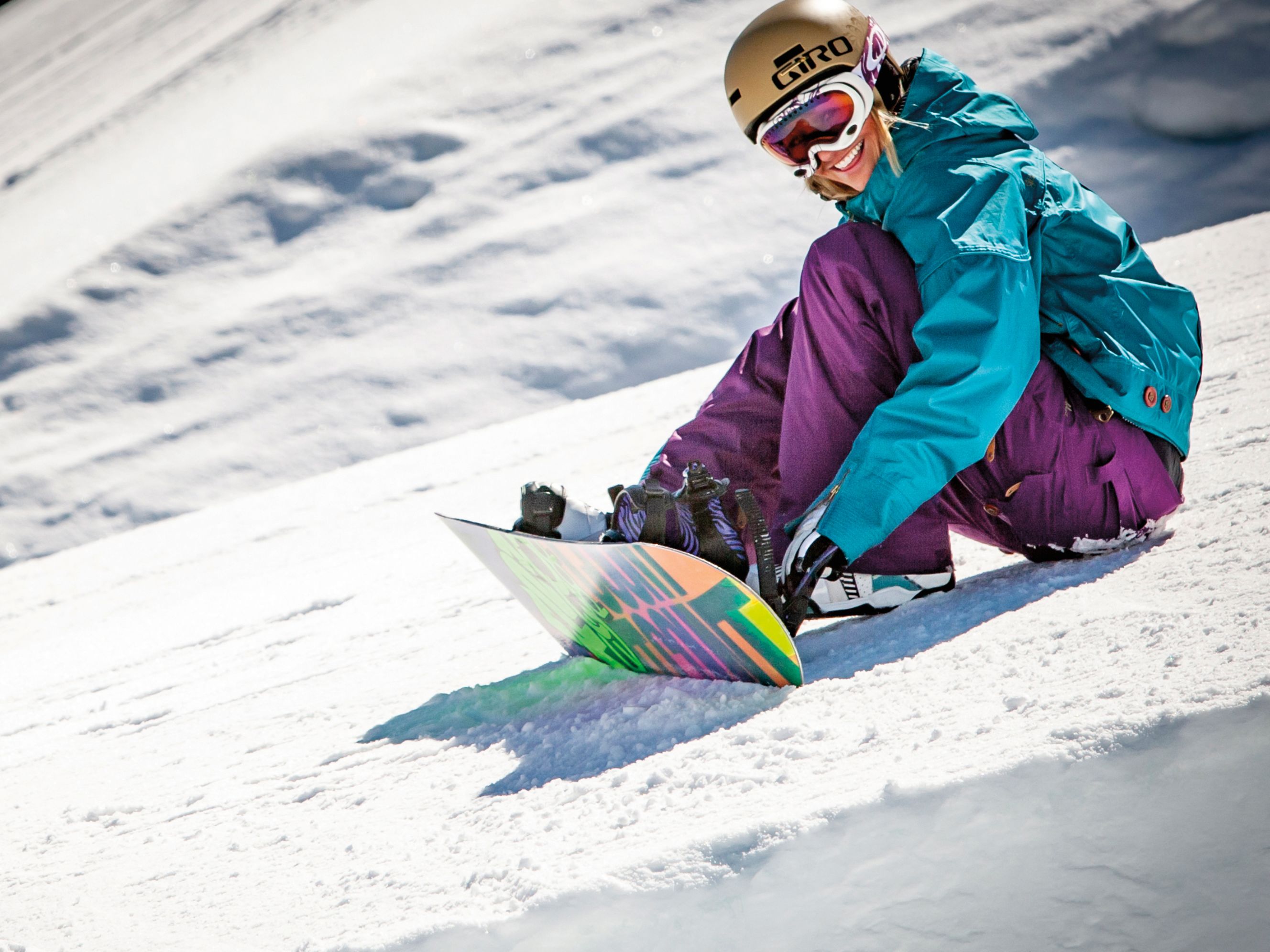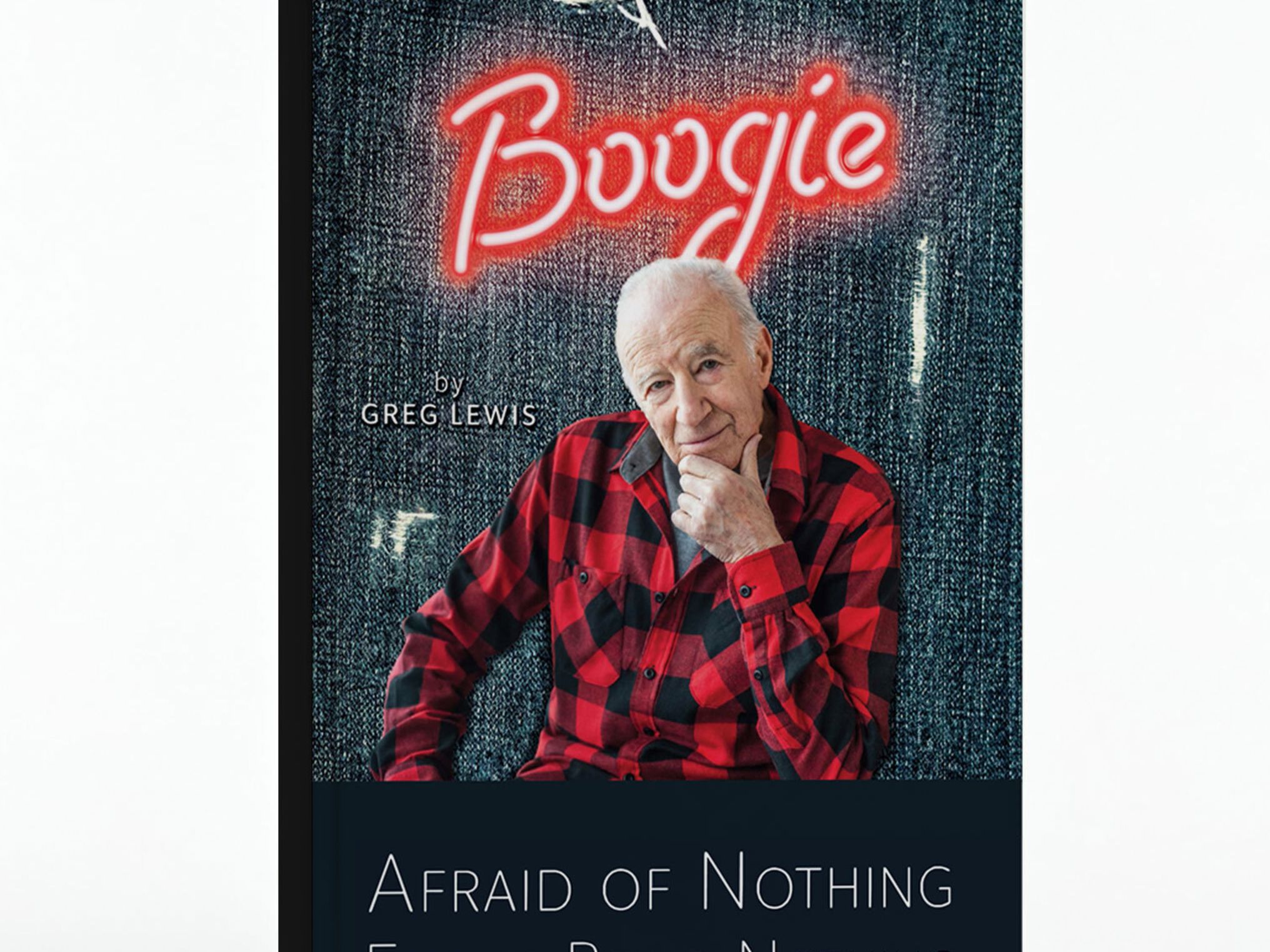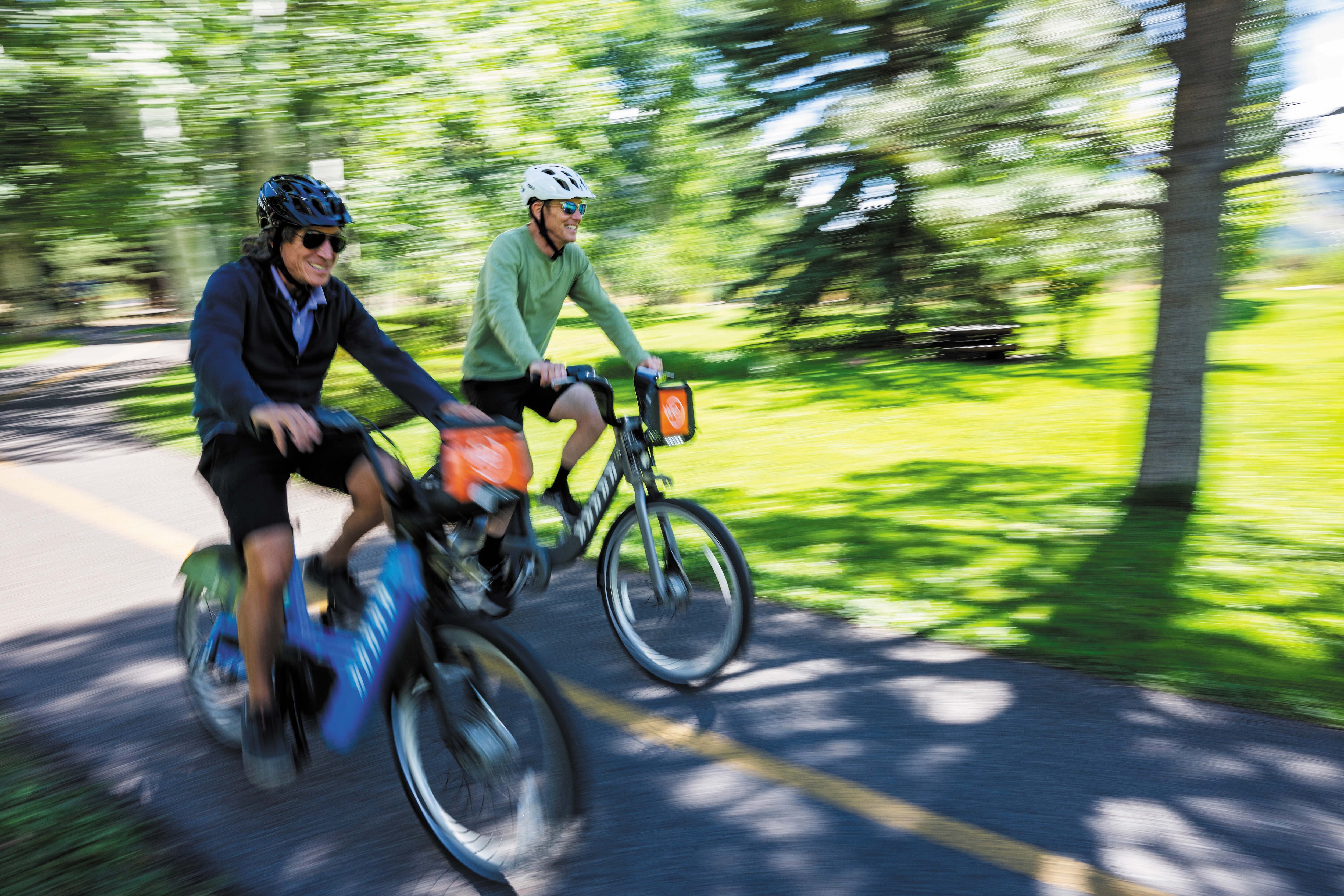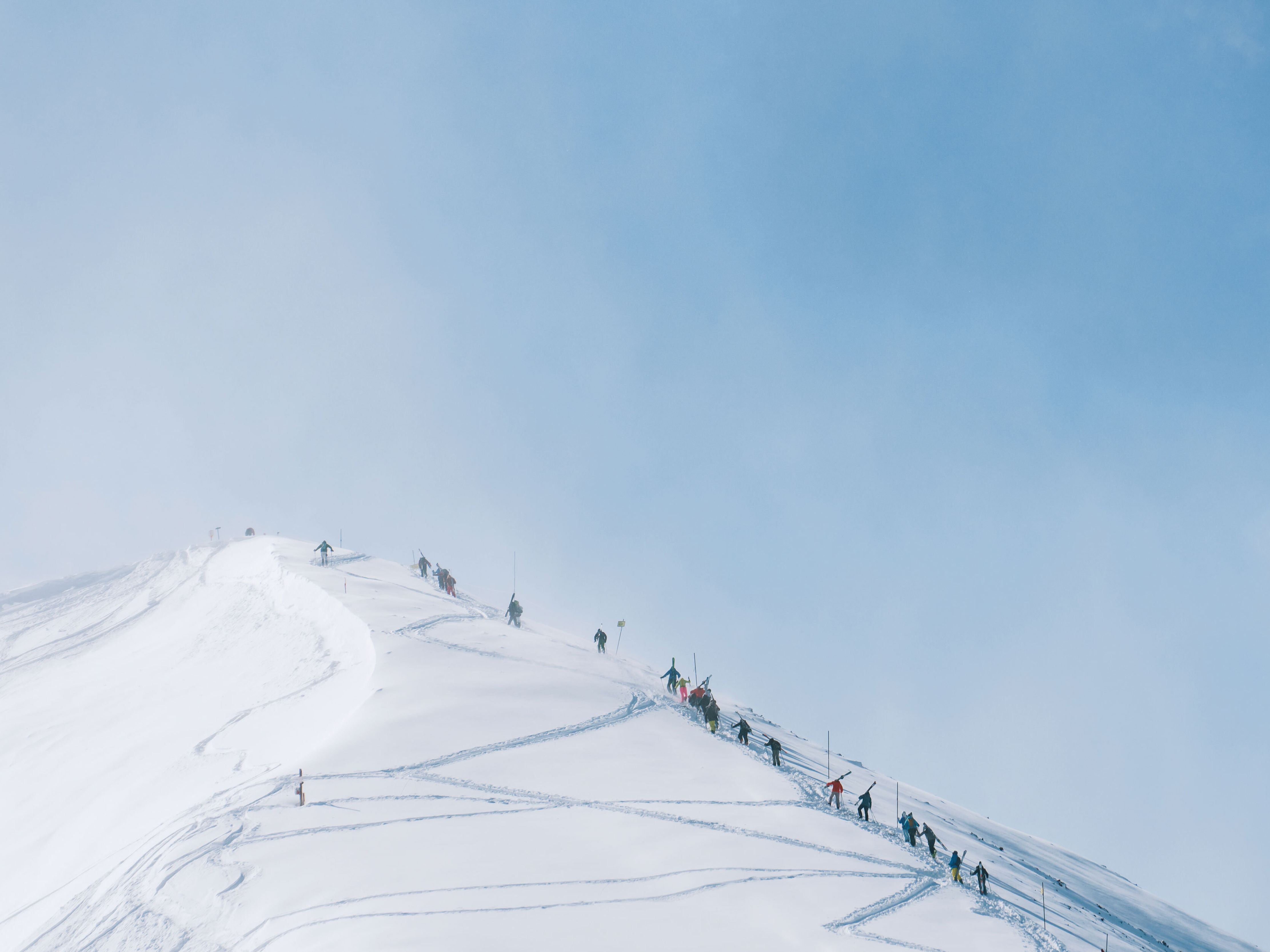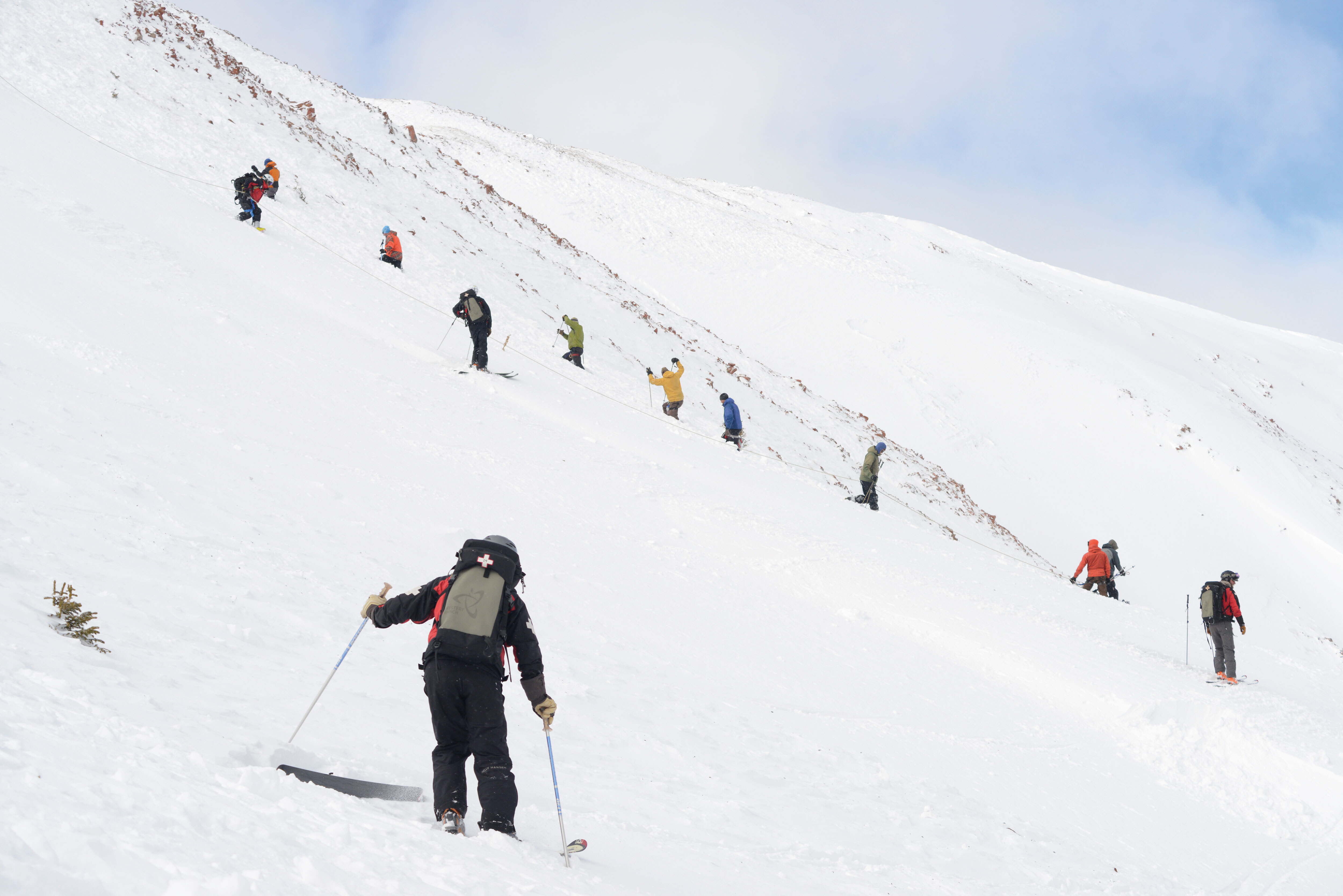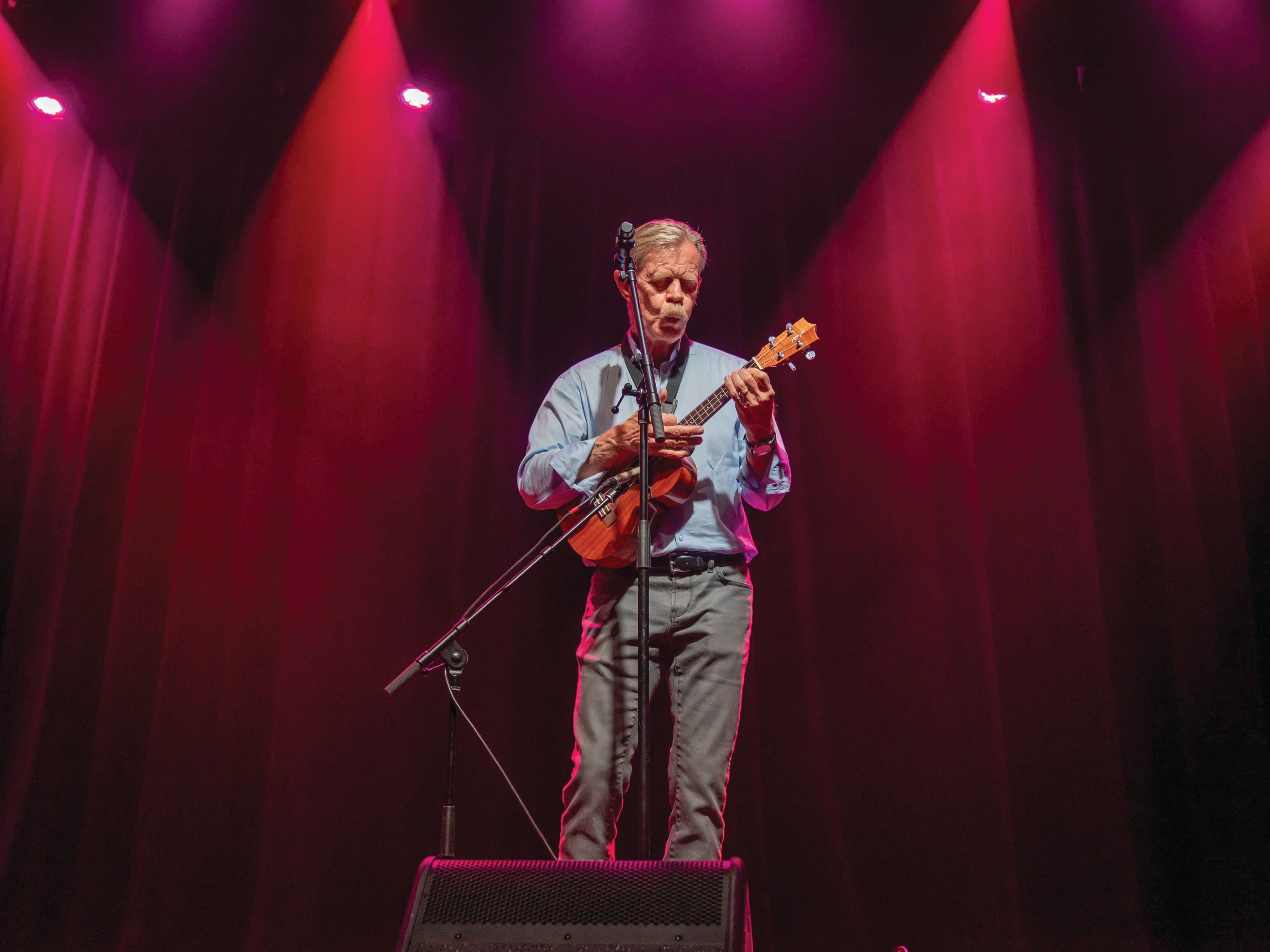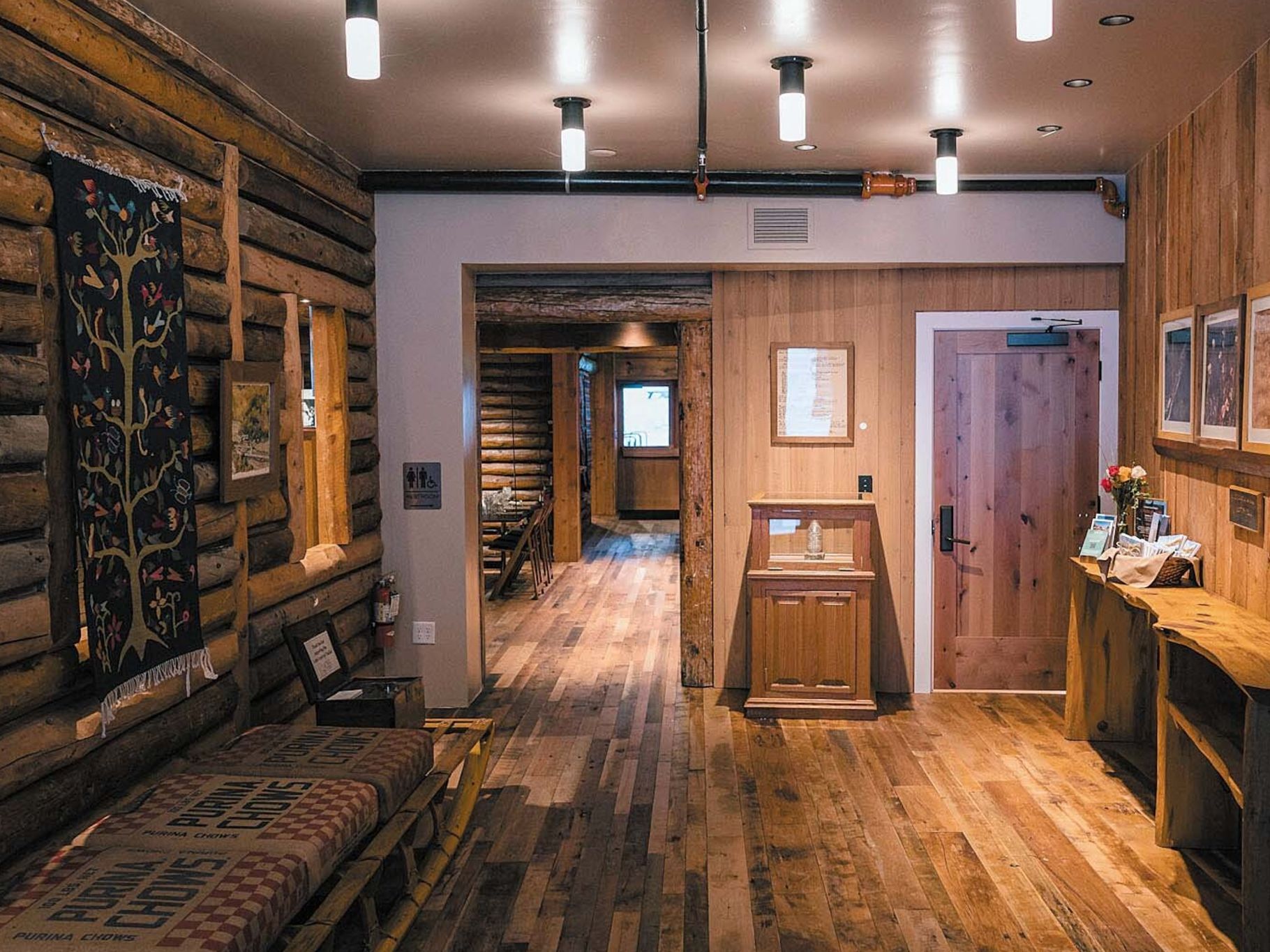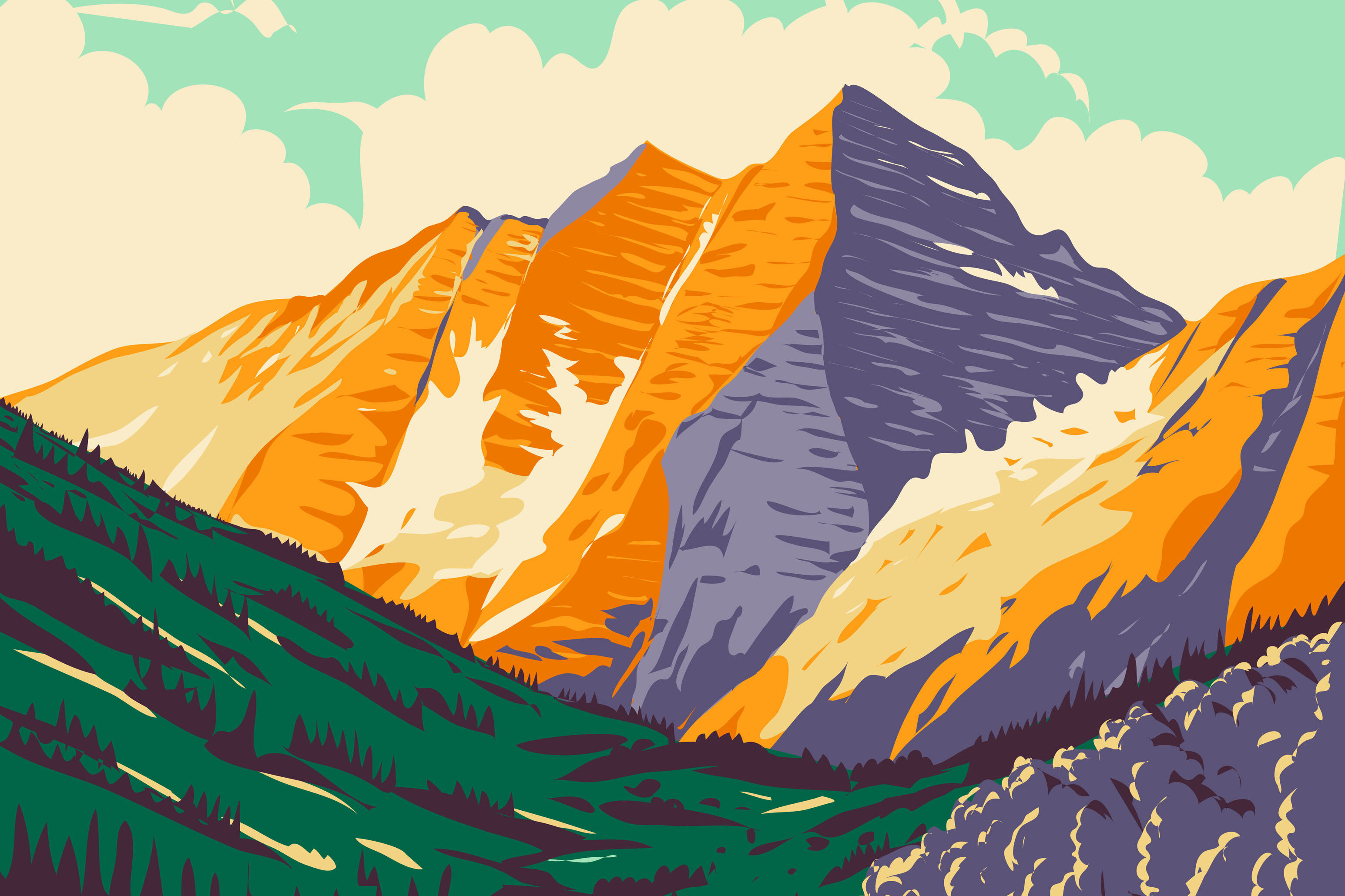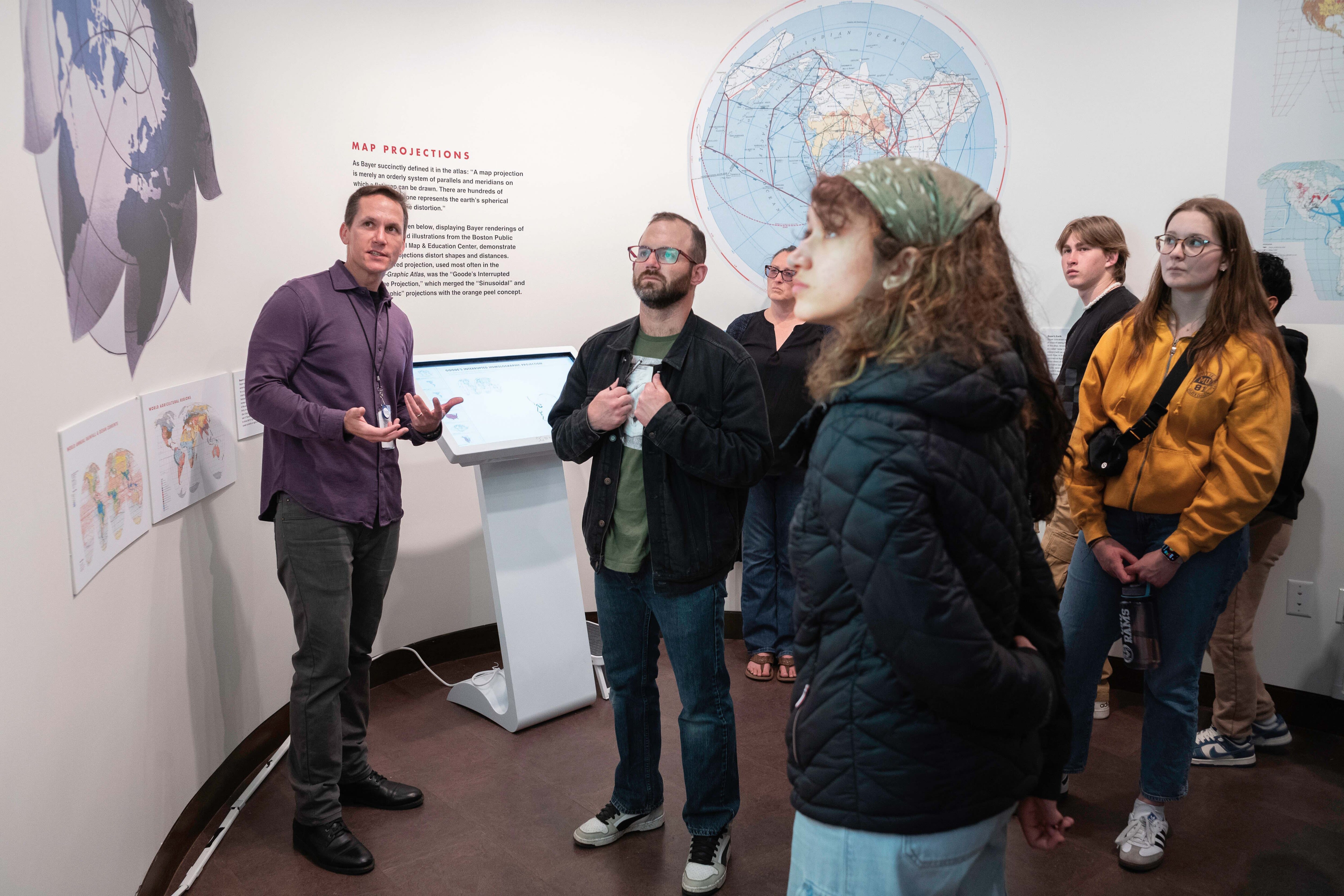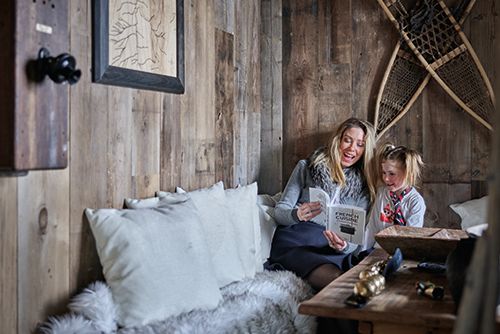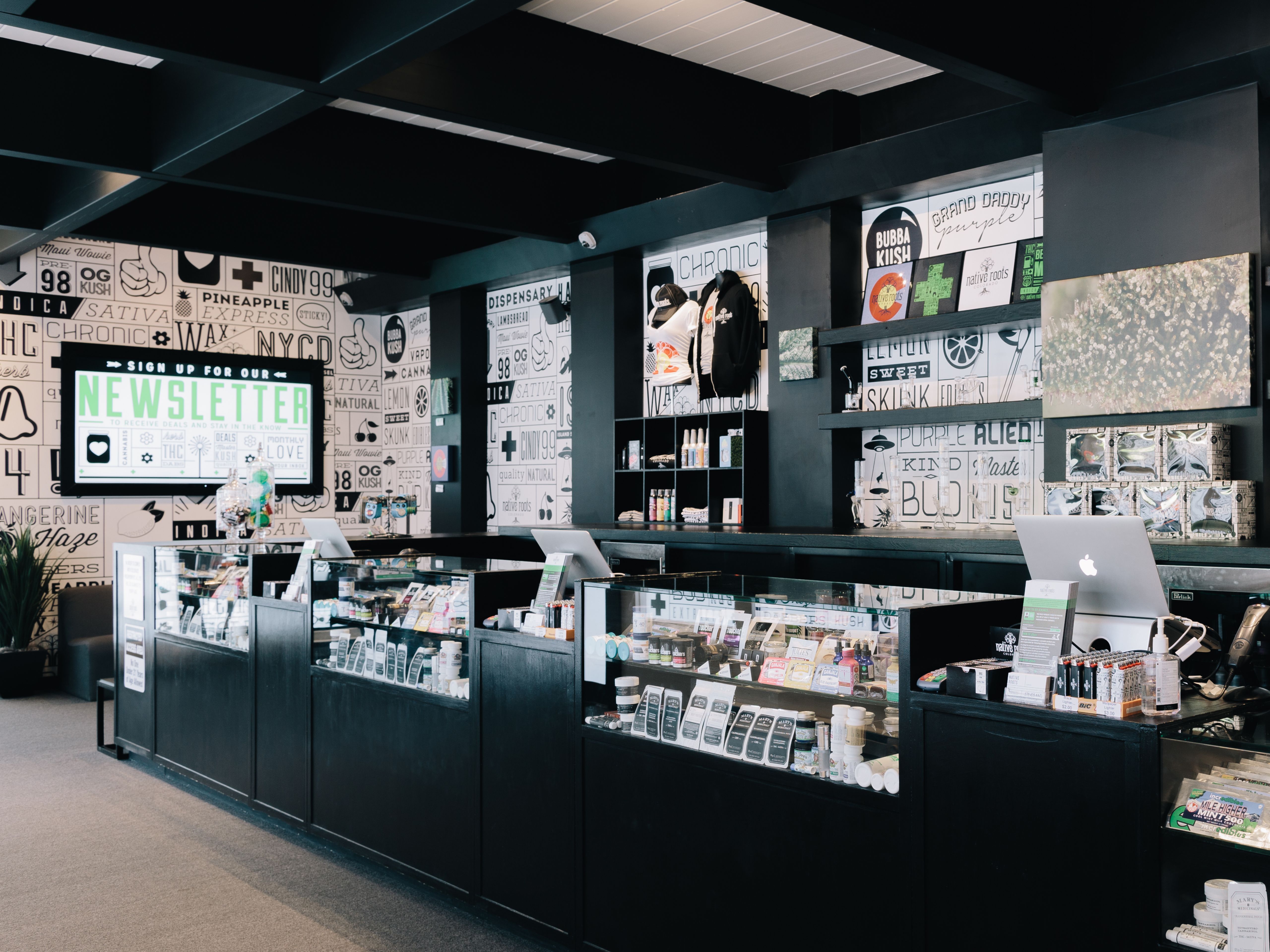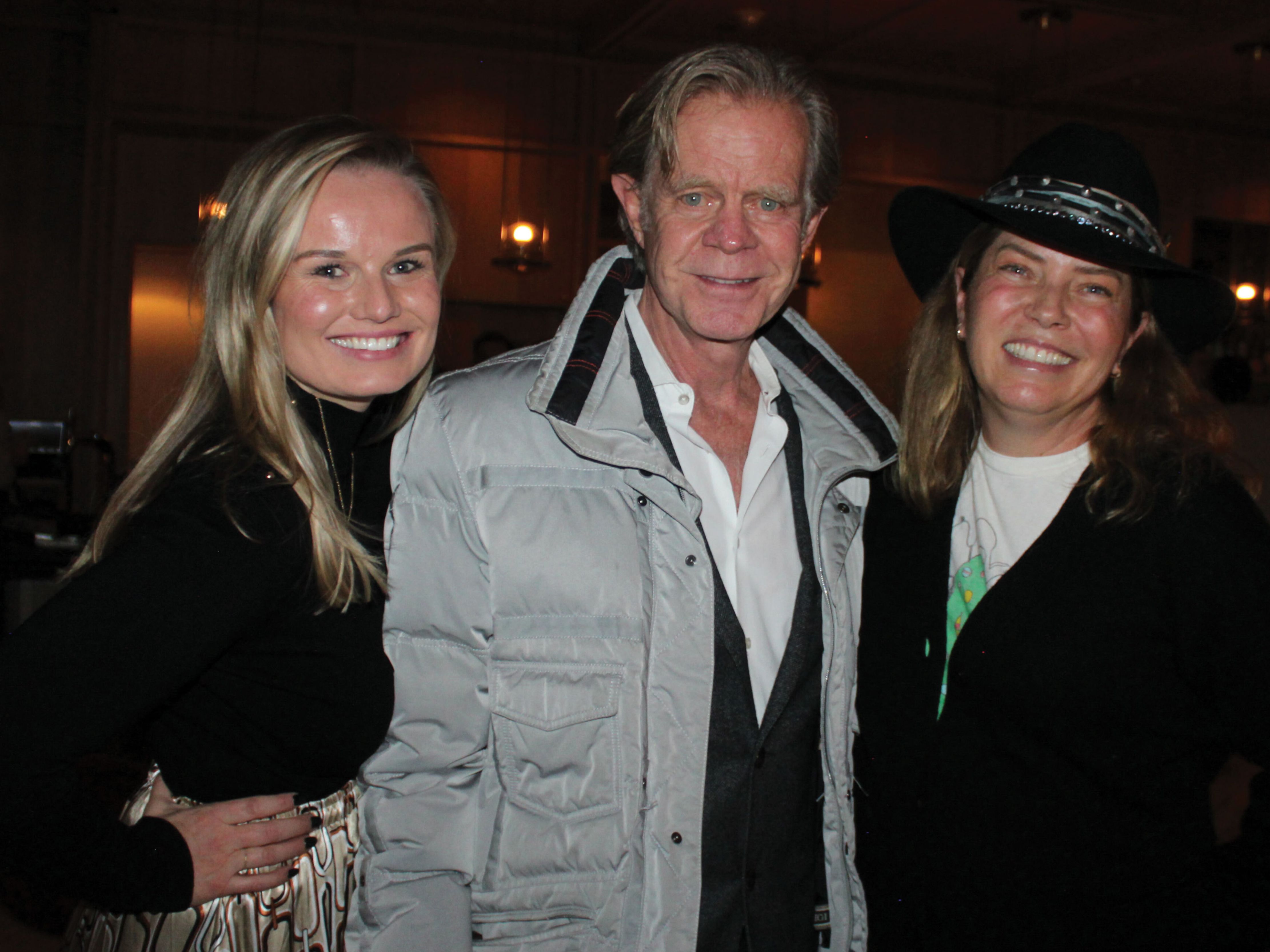Adventurous Women Take to Carbondale’s Big Screen
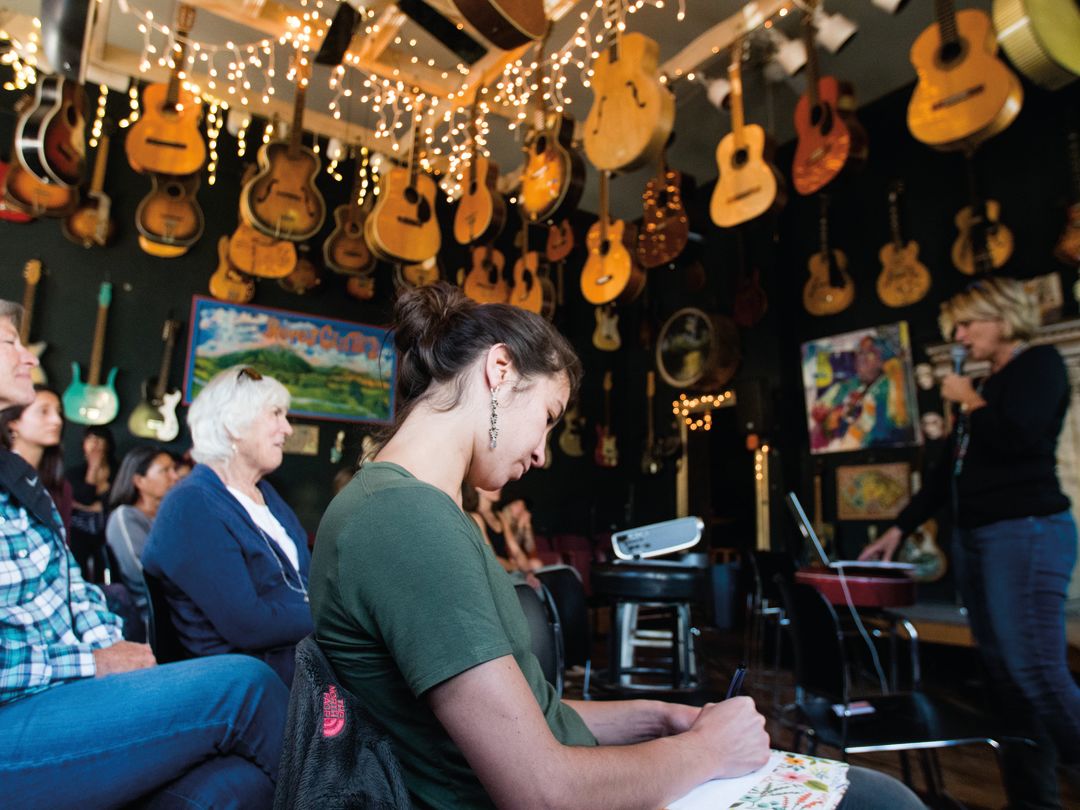
A No Man's Land presentation at Steve's Guitars in Carbondale
Carbondale native Aisha Weinhold was dismayed by the adventure film festivals she likes to attend. “Even five years ago, if there was a women-centric film, it wouldn’t be the strongest piece in the lineup,” she says. “I wanted to see a woman show me, Here’s what you can do, too.”
Her response? To start her own fest, No Man’s Land. “I was inspired by the 5Point Film Festival but every year was disappointed by the lack of women,” she adds. “Removing that disparity was the sole reason I started the festival.”
It launched in 2015, after Weinhold scoured the web and followed little-known female athletes for two years, looking for enough content to screen 15 films. Growth came quickly. Last year at its flagship event in Carbondale, the festival showed 45 films—most of them 40 minutes or less—over three days and turned away nearly 300 submissions.
With a goal of redefining the feminine in adventure and sport, No Man’s Land is the country’s only annual film fest to exclusively feature women. Weinhold especially wants to showcase stories about unknown—or relatively unknown—athletes in addition to the handful who are sponsored. Take, for example, two films from last year: Fast Forward, a profile of endurance cyclist Lael Wilcox, and My Desolate Eden, which follows canyoneering adventurer Audrey McLaughlin and was filmed by Carbondale local Catherine Aeppel. Interest in the festival has spread mainly by word of mouth, leading to more than 70 tour stops in cities across North America this year.
“The women’s outdoor space is so tight that we are quickly becoming known,” says Weinhold. “The women we highlight have helped make us more visible, too.”
Her definition of adventure has morphed over the years to include “any bold action outside your comfort zone,” she explains. That opened the door to show films about grappling with racism, gender, online trolling, and political activism.
Weinhold envisions a time when a fest like No Man’s Land would be obsolete, instead growing into an event with equal representation of both men and women. But funding is finite, and her smaller endeavor has to compete for limited dollars from the same outdoor brands that sponsor bigger shows.
The good news for now is that interest in women’s stories is top of mind for many. But, says Weinhold, some potential sponsors are still skeptical. “When people doubt the impact that No Man’s Land has and will have, I get frustrated beyond words,” she admits. “I just shake my head and walk away.”
Nonetheless, the festival continues to grow and aims to expand into urban communities where “adventure” may not be in the cultural vocabulary. Weinhold also hopes to fund at least two women filmmakers. One might say, in fact, that the fest is on its way to becoming relevant for every woman.
Sneak Preview
Watch for these two films, produced by REI, at the No Man’s Land Film Festival in Carbondale, Sept 13–16. Both depict the social media trolling and harassment each woman has faced while working toward her goal.
Follow Through documents pro skier and mountaineer Caroline Gleich’s quest to become the first woman (and one of only four people at the time) to ski all 90 lines in Andrew McLean’s book The Chuting Gallery, a compendium of the steepest and most difficult routes in Utah’s Wasatch.
The Mirnavator powerfully portrays Mirna Valerio, a woman of color and size who competes in trail marathons and ultra-marathons, and who was named a 2018 National Geographic Adventurer of the Year.
